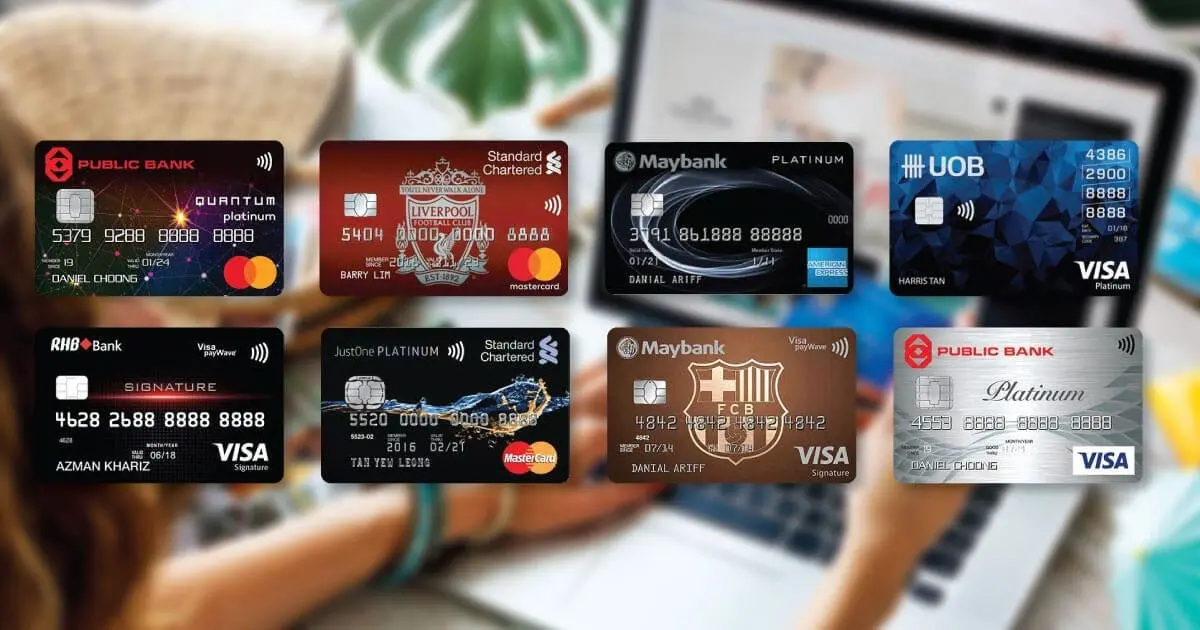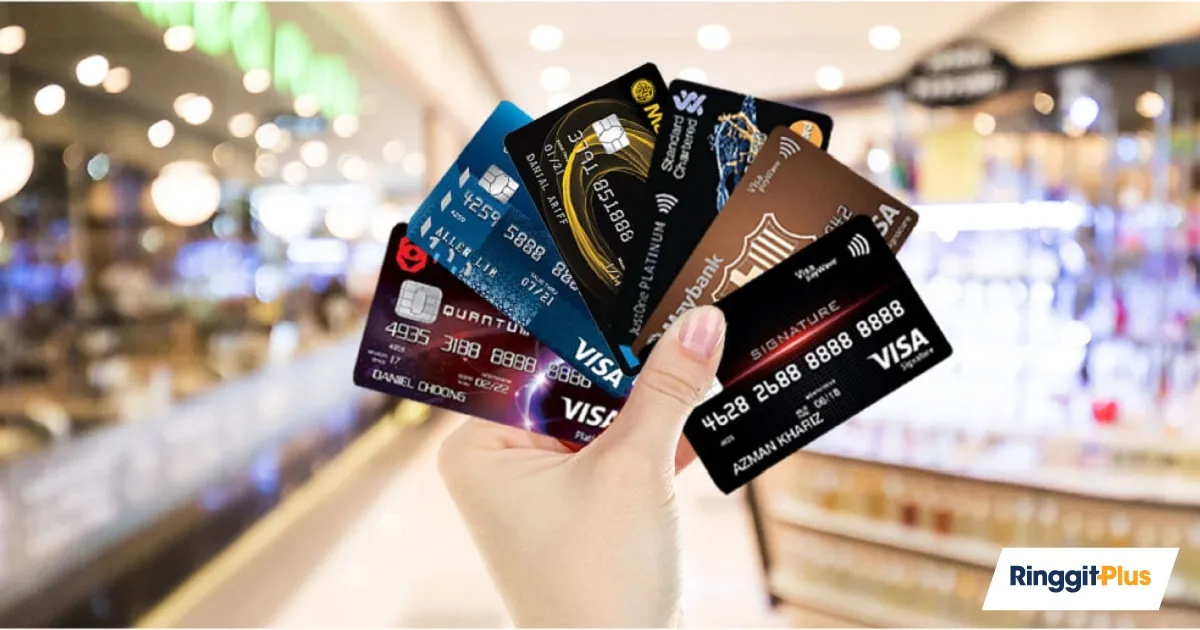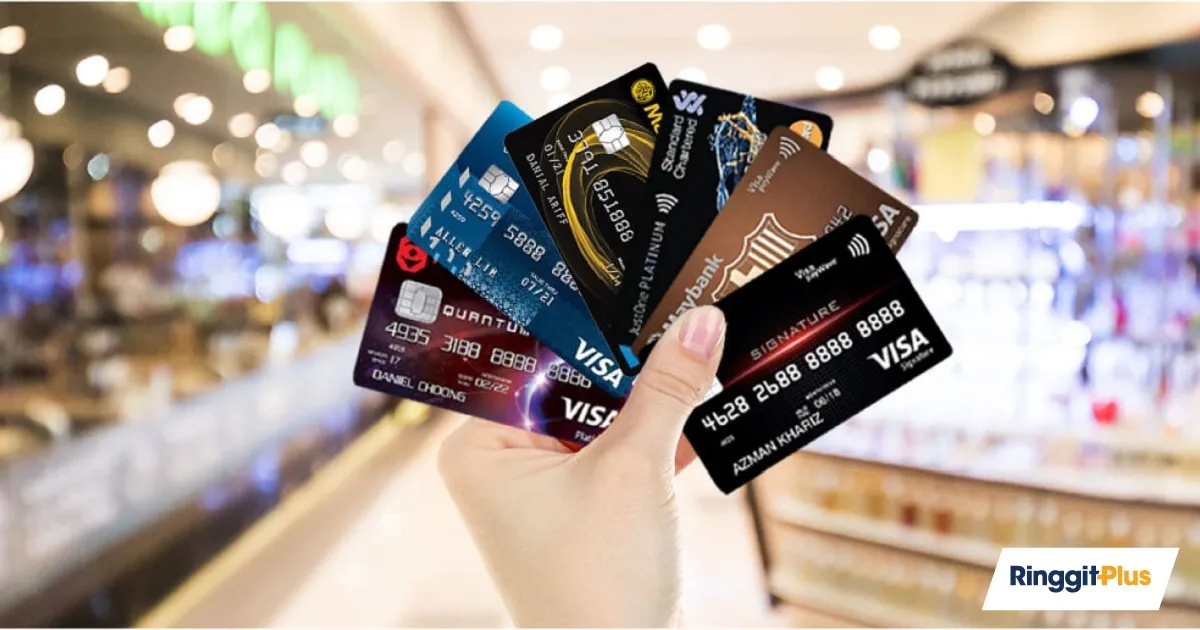Alex Cheong Pui Yin
10th February 2022 - 3 min read

Digital payments service provider Visa has highlighted several trends that consumers can look out for in the local e-commerce space within this year, chief of which is the inclusion of the world as a marketplace. This is in addition to the emergence of new digital buying experiences, such as purchasing digital-only goods for use in the metaverse.
According to Visa, consumers are now accustomed to having convenient shopping touchpoints that revolve around their social lives, such as livestreaming on social networks where they can interact with influencers and buy in real time.
“As digital touchpoints continue to expand and blend across all aspects of life, in the future we imagine that buying will happen independently from a store, and our entire world will become a marketplace. This means you’ll be able to make purchases wherever is convenient on the channel you prefer, instead of monitoring for an item to be in stock or having to wait a long time for delivery,” said Visa.

On top of that, the service provider also noted that as shoppers spend more time online, new digital buying experiences are emerging. Specifically, consumers will be more willing to spend on digital-only goods.
“It isn’t just the channels we buy from that will keep shifting into the digital space, but the very goods we buy may exist only in the digital world. Products increasingly come with unique digital-only attributes, encouraging new forms of digital immersion and interaction with its customers,” said Visa, adding that one example of this is the use of augmented reality for consumers to try on cosmetics as well as virtual clothing and accessories.
Visa further elaborated that digital-only goods will become even more desirable as the metaverse gains prominence. “Digital-only goods will be a core part of the metaverse – an immersive, embedded virtual environment powered entirely digitally. In the metaverse, you could own NFTs, or non-fungible tokens, for digital assets like art, collectibles, and gaming items, and be able to easily sell them to other users on a blockchain sphere,” it said.

Aside from highlighting the above e-commerce trends, Visa also urged businesses to digitalise themselves so that they can tap into new opportunities, such as being able to build international partnership networks that are more resilient against disruptions. This is especially as the digital commerce space in Asia Pacific is expected to grow into an industry that is worth US$2 trillion (approximately RM8.4 trillion) by 2025.
Finally, Visa noted that according to data from the World Bank, about 98.5% of the 920,624 small and medium enterprises (SMEs) in Malaysia are still trailing behind in the digitalisation race. “Now is the time for businesses to go all the way digital,” it stated.








Comments (0)